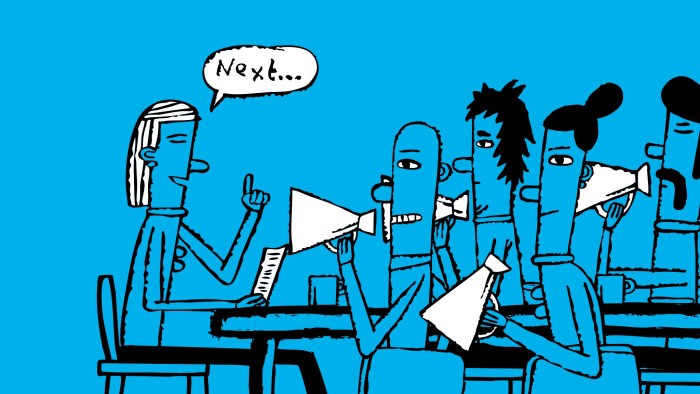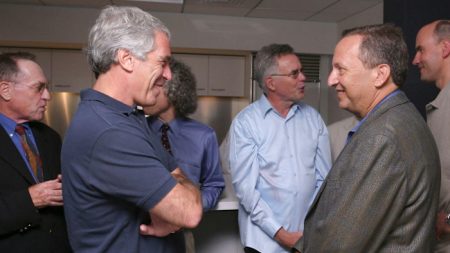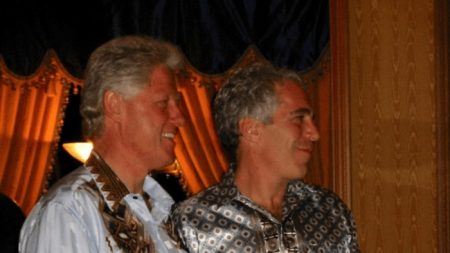Unlock the Editor’s Digest for free
Roula Khalaf, Editor of the FT, selects her favourite stories in this weekly newsletter.
I was reading an interview with the head of one of the world’s biggest mining companies the other day when I came across a line that made my jaw drop.
It said that when Mike Henry, chief executive of BHP, has a meeting with his executives, he gives someone the job of delivering “structured feedback” about how well or badly the gathering went.
The appraisal can include a review of how Henry himself chaired proceedings and is sent to all participants as part of a continuous improvement programme known as the “BHP Operating System”.
The interview appeared on the Semafor news site and was conducted by a highly reliable former colleague of mine, so I knew this all had to be true. But I still emailed BHP to find out more about an approach that appealed to my inner autocrat.
For me, one of the excellent things about working for a newspaper with endless deadlines is that there is rarely time for people to faff around in pointless meetings.
Out there in the rest of the white collar world, I realise this is not the case. Friends tell me of things no sane adult should have to endure. Rambling gatherings that last a soul-killing hour and more each week, where the same bores drone on unimpeded by a leader with no apparent interest in a meaningful outcome, nor the ability to produce one.
These exercises in awfulness sit in calendars like unexploded bombs, ready to detonate at the same time, on the same day each week, year in, year out. They survive despite an endless cycle of books on how to fix the problem, like the forthcoming Your Best Meeting Ever, by organisational behaviour expert Rebecca Hinds. It advises organisations to have a meeting doomsday, or full-bore calendar cleanse, all the better to make meetings a last resort instead of the default.
Mike Henry’s approach at BHP seems to be motivated by similar desires.
I discovered it includes checklists requiring people to think about why a meeting is being held, who really needs to be there, how it should be structured and what its outcome should be. Formal agendas may need to be circulated 24 hours ahead of time in some cases, so everyone has enough time to read them and prepare.
“The main aim is to have the right participants in the meeting and to have an outcome,” said a spokeswoman. “And to stop the meetings if not of use.”
I like the sound of this, though I can see its appeal may be limited. When I mentioned the system to colleagues, it drew gasps of scorn. Who would have time to write up all this feedback? And how reliable would it be anyway? Wouldn’t people flatter their bosses and disparage their rivals, in the time-honoured tradition of corporate life? How would you measure its effectiveness? Would all the feedback have to be fed into some sort of spreadsheet for analysis? Or was the act of feeding back itself deemed enough to spur better meeting behaviour?
BHP says the assessment, which can be done with an app, only takes about five minutes and is guided by questions such as whether the meeting started on time and whether the leader encouraged useful discussion and stuck to the agenda.
Those questions make the appraisals more reliable and less open to people pushing their own agendas, I was told. They also focus minds on keeping the discussion in line with broader company targets.
The extent to which those targets are met is ultimately deemed the best way to measure the effectiveness of the process, which can take some getting used to at first.
But the feedback is also analysed to make sure it is working as intended. Some teams, for example, have been told they only reviewed the effectiveness of meetings and not how the gathering helped to meet performance goals.
There is even feedback for people giving feedback, so they can let the next meeting know if it should be doing more work to address, say, a budget overrun in a project.
I admit that this sort of thing will not suit all organisations and would cause a minor riot at some.
But considering the millions of meetings held each day, and the prevalence of surveys showing more than 70 per cent are ineffective, I still favour any effort to improve things, no matter how unlikely it may sound.
Read the full article here













